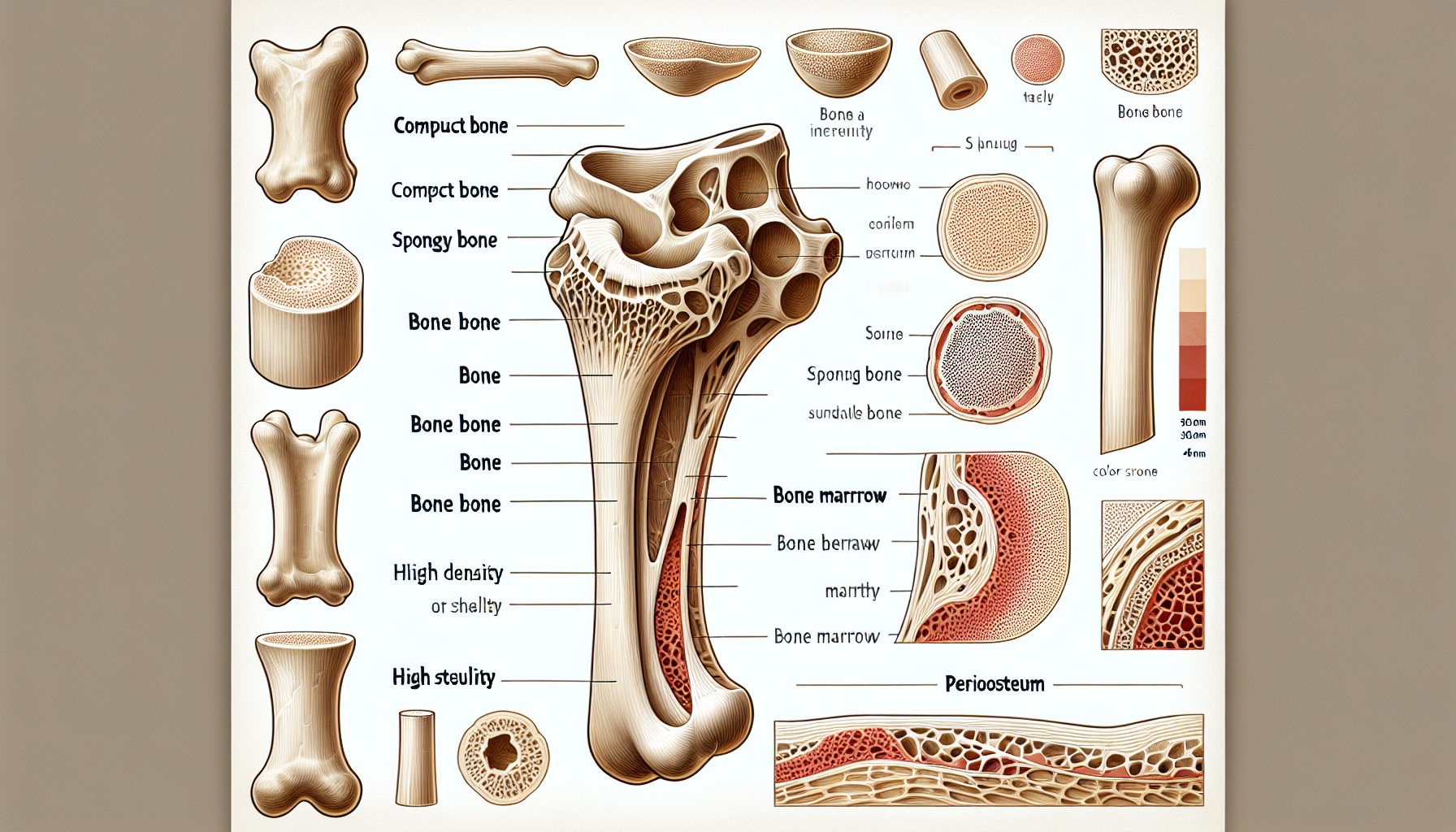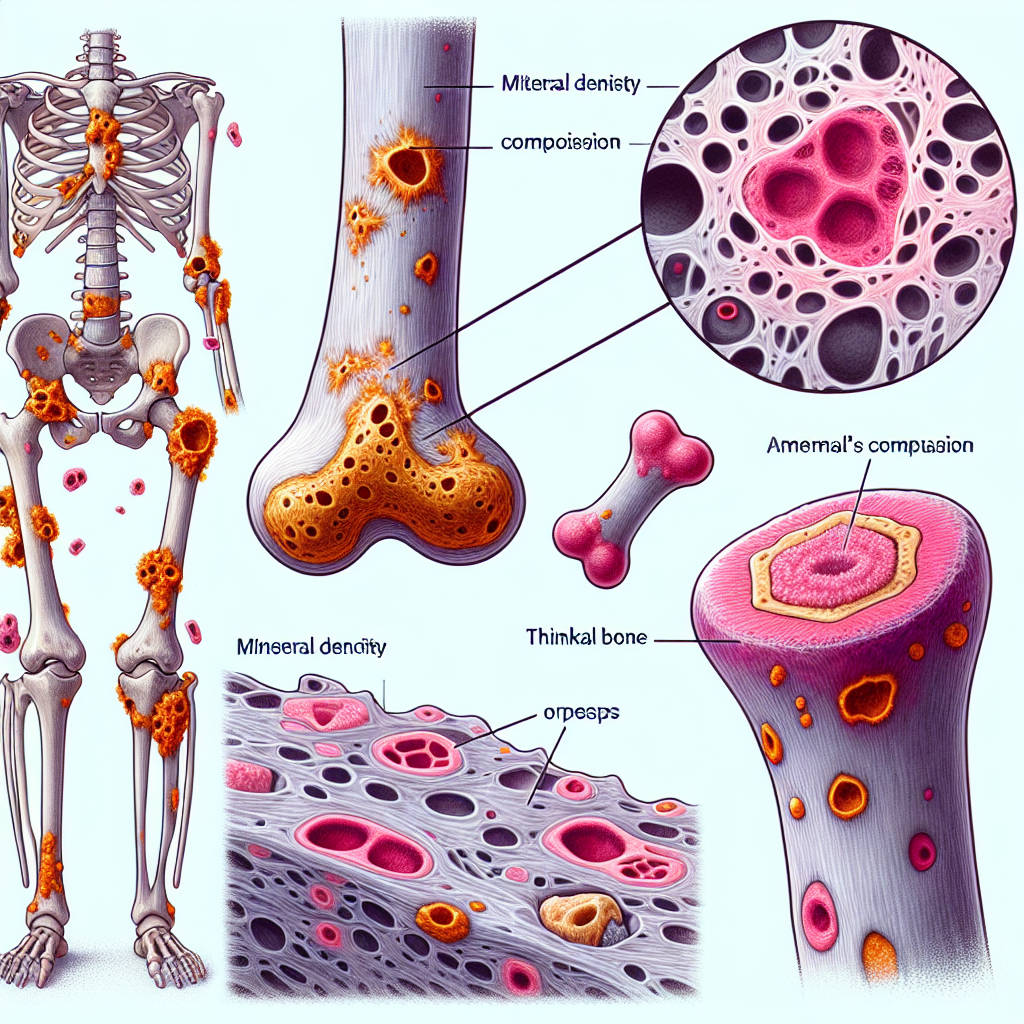The human skeleton is a remarkable structure, essential for mobility, protection of vital organs, and serves as a reservoir for minerals. However, its integrity is closely intertwined with overall metabolic health—a synergy that is often overlooked. Metabolic health refers to the optimal functioning of chemical processes in the body, which are vital for maintaining energy levels, regulating blood sugar, and ensuring the proper functioning of bodily organs. It goes hand in hand with bone density, a measure of the amount of minerals, primarily calcium and phosphorus, contained within a certain volume of bone. Understanding the connection between these two aspects of health is crucial for both prevention and management of various conditions.
The Interplay of Metabolism and Bone Health
Metabolic processes have a profound impact on bone remodeling—the ongoing replacement of old bone tissue with new. Disorders of metabolism, such as diabetes and obesity, can disrupt this delicate balance, leading to a decrease in bone density and an increased risk of fractures. For a deeper insight into the broader discussion of bone health, enrich your knowledge by exploring Avix Health’s comprehensive guide on bone health.
Bone density peaks in early adulthood and tends to decrease with age. Yet, the rate at which this occurs can be influenced by lifestyle factors, hormonal changes, and the overall metabolic state of an individual. For instance, postmenopausal women often experience a significant decrease in bone density due to hormonal shifts, which underscores the importance of targeted strategies to combat bone density decrease in menopause.
Metabolic Disorders and Bone Density
Obesity and type 2 diabetes are two prevalent metabolic disorders that affect millions worldwide. While obesity was once thought to be protective against osteoporosis due to higher bone mass, recent studies have shown that the excess fat, particularly visceral fat, can lead to inflammation and hormonal imbalances that may actually deteriorate bone quality. Discover more about this intricate relationship by reading Understanding the Impact of Obesity on Bone Health.
Likewise, diabetes can lead to lower bone density and an increased risk of fracture. High blood sugar levels can damage blood vessels, reducing blood flow to bones and hindering the bone repair process. Moreover, the use of certain anti-diabetic medications has been linked to an increased risk of bone fractures, highlighting the complexity of managing these conditions.
Nutritional Considerations for Bone Density
Nutrition plays a pivotal role in maintaining bone density. A diet rich in calcium and vitamin D is essential for bone health, but other nutrients, such as magnesium and vitamin K2, are also critical. For individuals with dietary restrictions or digestive problems that impair nutrient absorption, understanding the relationship of gastrointestinal health to bone density is particularly important.
External Resources for Further Reading:
- An in-depth analysis of the role of magnesium in bone health on the National Institutes of Health website (NIH).
- A study on the impact of Vitamin K2 on bone health published in the Journal of Nutrition and Metabolism (JNM).
- Research on the effect of anti-diabetic medications on bone density available on the American Diabetes Association website (ADA).
Exercise and Bone Density
Physical activity is another cornerstone of bone health. Weight-bearing exercises and resistance training can stimulate bone formation and slow the aging-related decline in bone density. Low-impact exercise, while gentler on the joints, can also provide benefits to bone health. To understand more about how exercise type influences bone strength, consider reading about The Effects of Low-Impact Exercise on Bone Strength.
External Resources for Exercise Recommendations:
- The American College of Sports Medicine provides guidelines for exercise and bone health (ACSM).
- The National Osteoporosis Foundation offers exercise tips for individuals with varying levels of bone density (NOF).
Hormonal Influences on Bone Density
Hormones significantly affect bone density, with estrogen being a key player in maintaining bone mass in women. Testosterone plays a similar role in men, though the impact of age-related hormonal changes on bone density is less pronounced in males. However, both sexes can suffer from bone density loss due to hormonal imbalances, making hormone replacement therapy a potential consideration for some individuals.
External Resources on Hormonal Impacts:
- A review of hormonal replacement therapy and bone health in menopause available on the Endocrine Society’s website (Endocrine Society).
- Research articles on testosterone and bone health in men featured on the International Osteoporosis Foundation website (IOF).
Medications, Supplements, and Bone Health
While diet and exercise are the foundation of maintaining bone density, medications and supplements can also play a role. Calcium and vitamin D supplements are often recommended, but the efficacy and safety of these and other supplements must be carefully evaluated. This is especially true for individuals who may have medical conditions or take medications that can affect bone health. For a detailed understanding of the interplay between these factors, visit Avix Health’s section on medication and supplements.
In conclusion, metabolic health and bone density are inextricably linked. The complex interplay between diet, exercise, hormonal health, and medical management is essential for maintaining bone density and preventing fractures. By understanding and addressing these factors, individuals can take proactive steps to ensure their skeletal health remains robust throughout their lives.



